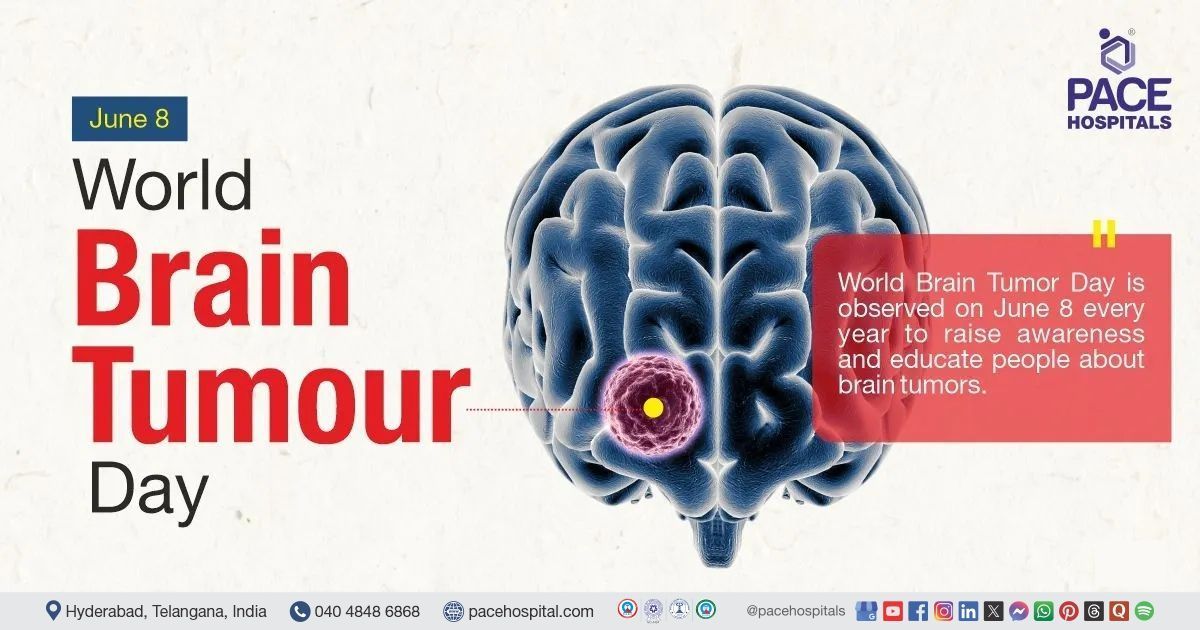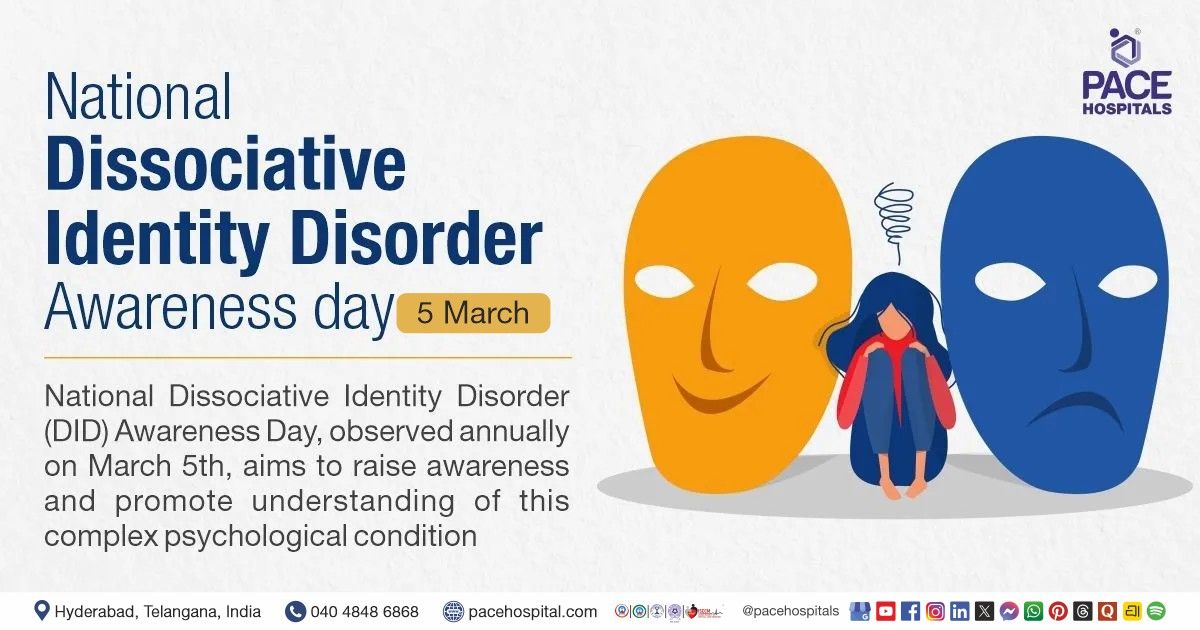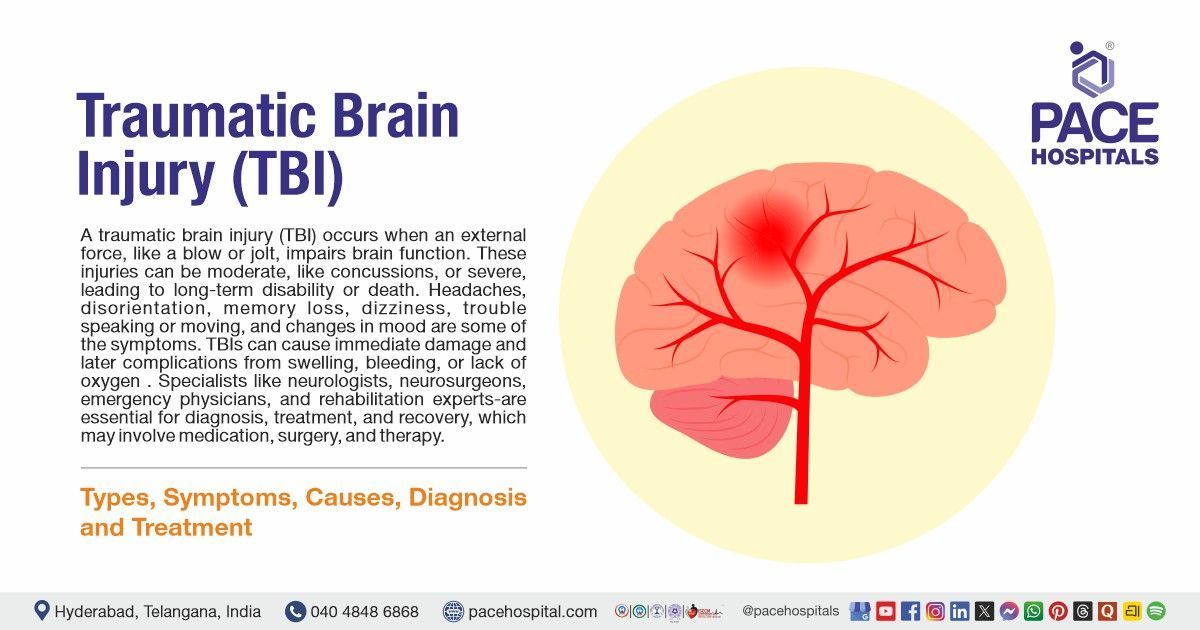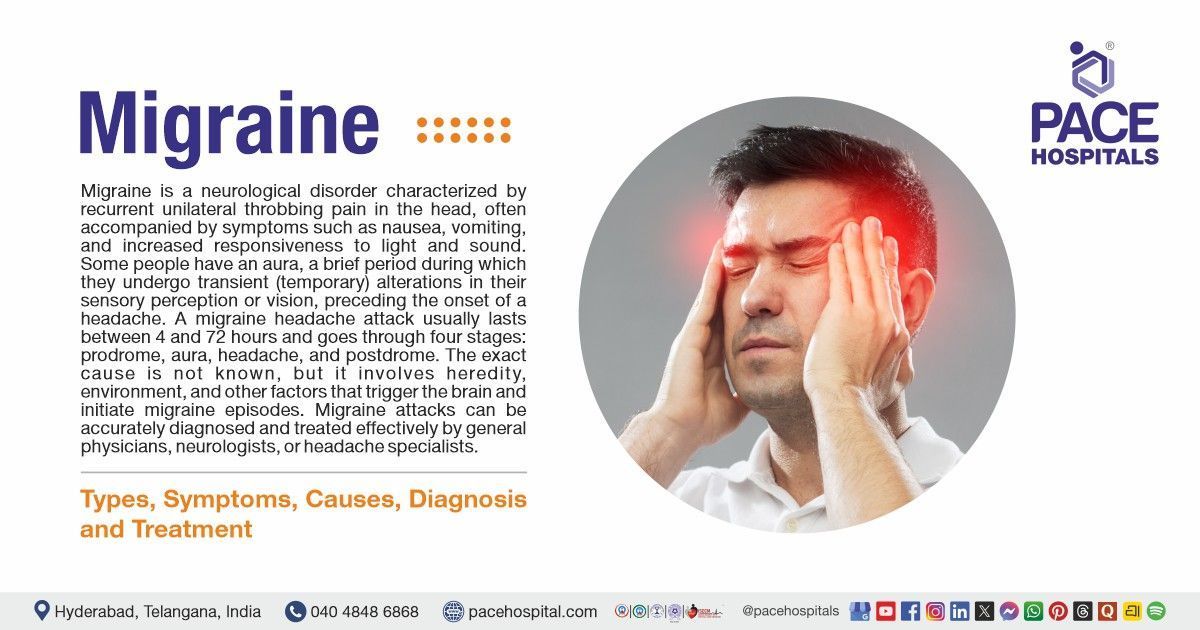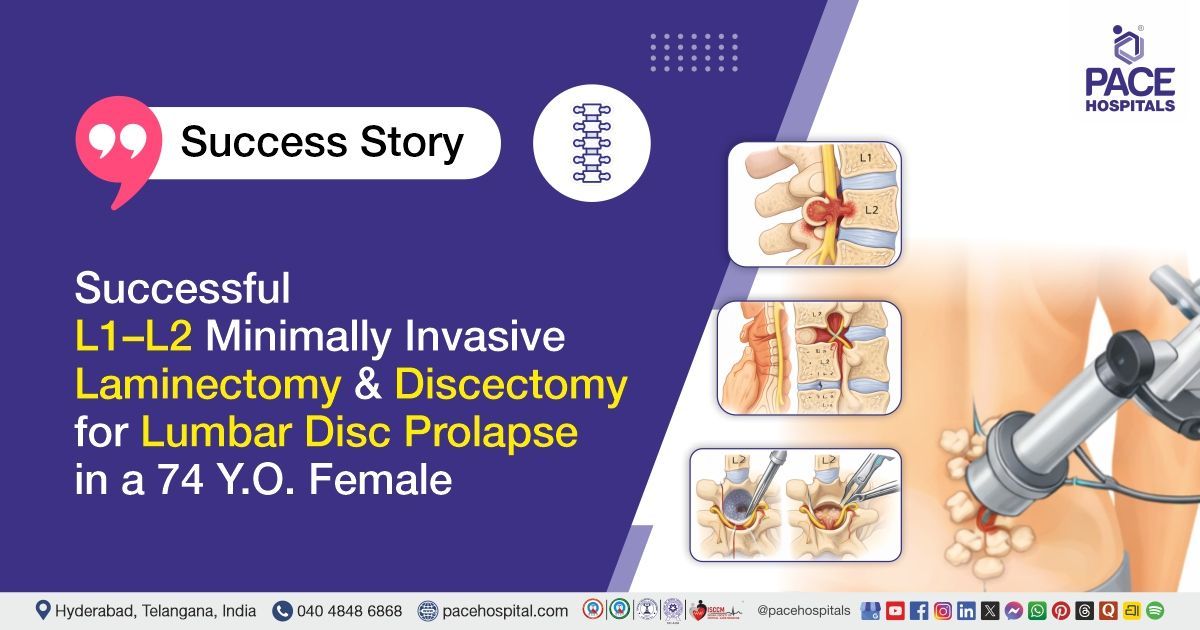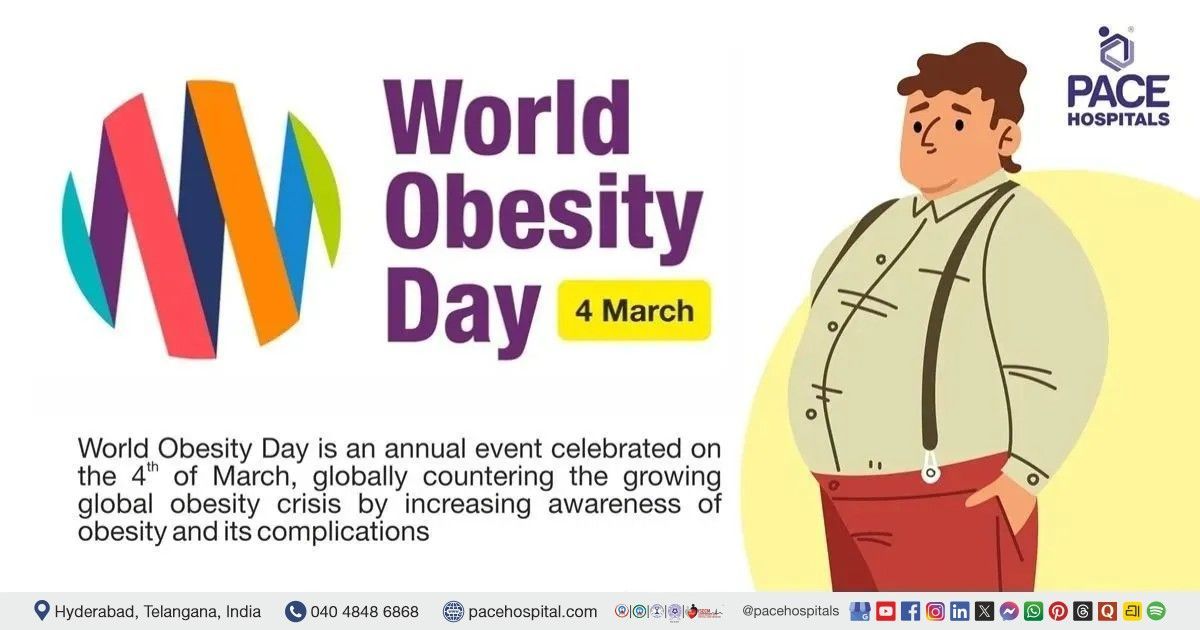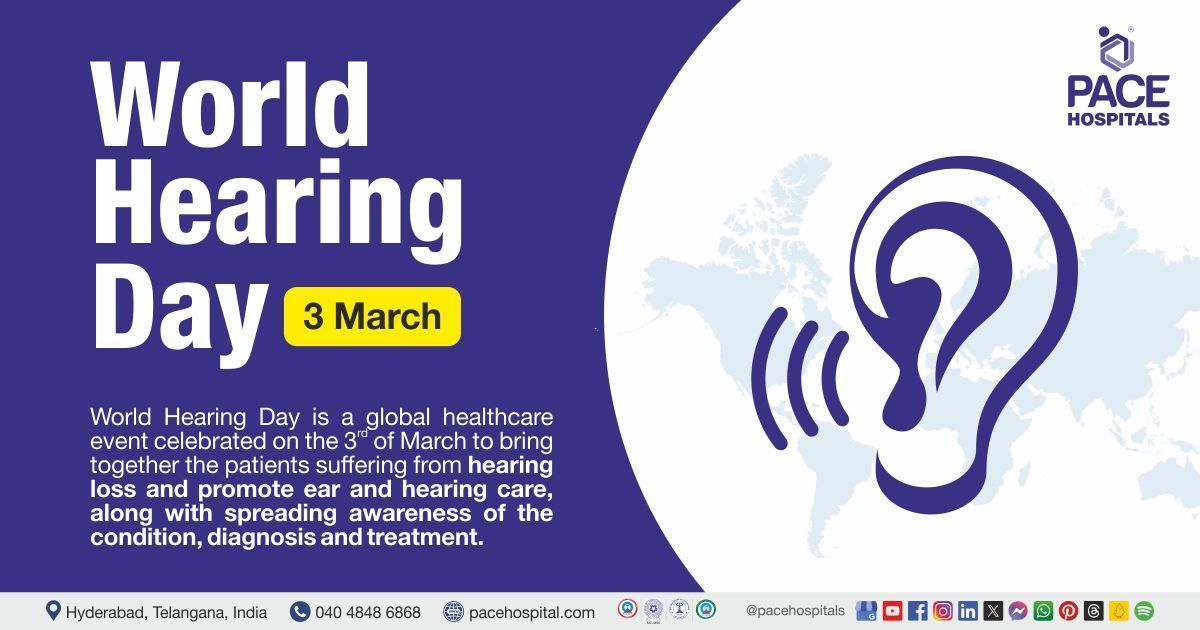World Brain Tumor Day - 8 June 2025 | Importance & Prevention
PACE Hospitals
World Brain Tumour Day is an annual global healthcare event commemorated every year on the 8th of June with the intent of increasing public awareness about brain tumours. The events on this health awareness day are organised in collaboration with several international and local governing bodies. World Brain Tumour Day events centre on educating people about the seriousness, early detection, and prevention of brain tumours.
What is Brain Tumor?
A brain tumour is an unusual growth of tissue in the brain or its covering (meninges) that may disrupt proper brain function. Tumours are primarily based on where the tumour cells began and whether they may be cancerous (malignant) or not (benign). All brain tumours can develop to harm regions of regular brain tissue if left untreated, which may be disabling and possibly fatal.
Importance of World Brain Tumour Day
A brain tumour is one of the deadliest disorders affecting any gender, both adults and children. The majority (85–90%) of all primary central nervous system (CNS) cancers found in the brain are due to brain tumours. In 2020, it was predicted that 3,08,102 new cases of primary brain or spinal cord tumours were diagnosed worldwide. As per a report in 2010, the annual global age-standardised incidence rates of primary malignant brain tumours are approximately 3.70 per 100,000 men and 2.60 per 100,000 women per year when adjusted for age.
Considering the above statistics, the necessity of developing awareness in public plays a vital role in managing the brain tumour burden. World Brain Tumour Day creates a platform to create awareness about brain tumours regarding their screening, diagnosis, and the availability of advanced treatment options, thus helping the patients and caretakers make informed decisions.
History of World Brain Tumour Day
World Brain Tumour Day was an initiative taken up by the Deutsche Hirntumorhilfe e.V. (German Brain Tumour Association), which has been commemorated across the globe since the year 2000. This Leipzig-based non-profit organisation was founded in the year 1998 and provided reliable medical information to brain tumour patients and their caretakers apart from supporting them.
Currently, more than 500 delegates from fourteen nations have been members of this association, which works primarily in seeking a cure for brain tumours. With its motto "Knowledge Creates Future", the Deutsche Hirntumorhilfe e.V. raises funding for neuro-oncological research, promoting the international transfer of interdisciplinary knowledge.
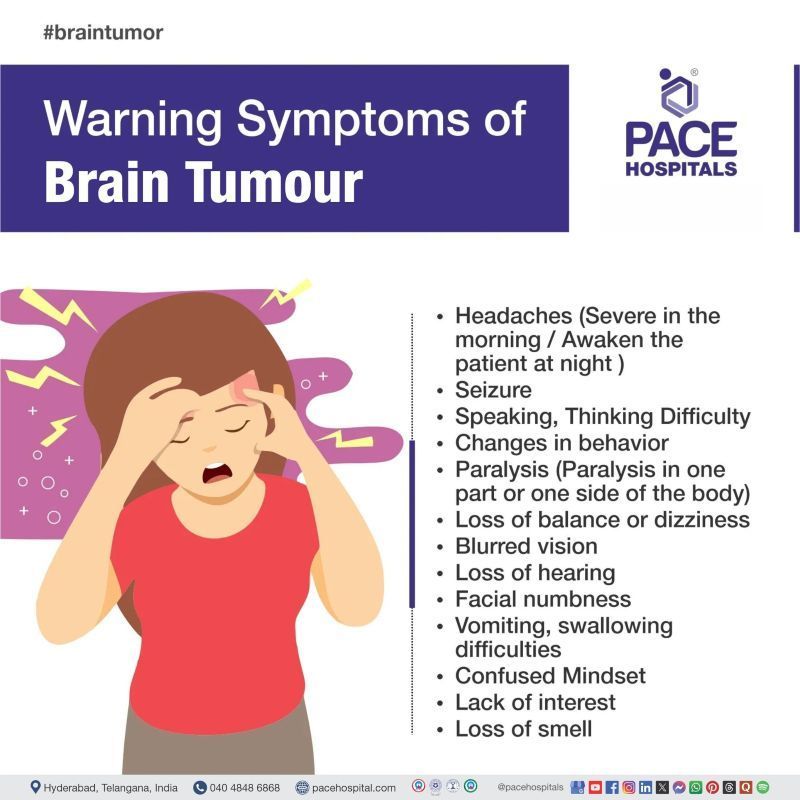
Warning Symptoms of Brain Tumor
Initial symptoms vary depending on the region of the tumour; the following are the symptoms but are not limited.
- Headaches (Severe in the morning / Awaken the patient at night)
- Seizure
- Speaking, Thinking Difficulty
- Changes in behaviour
- Paralysis (Paralysis in one part or one side of the body)
- Loss of balance or dizziness
- Blurred vision
- Loss of hearing
- Facial numbness
- Vomiting, swallowing difficulties
- Confused Mindset
- Lack of interest
- Loss of smell
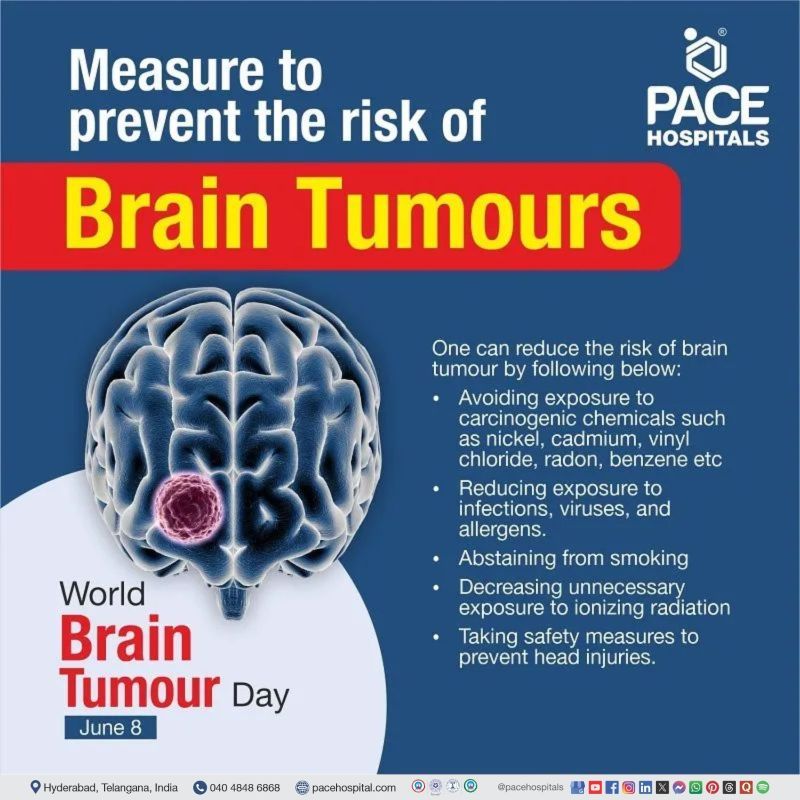
Measure to prevent the risk of brain tumours
One can reduce the risk of developing brain tumours by following below:
- Avoiding exposure to carcinogenic chemicals such as nickel, cadmium, vinyl chloride, radon, benzene etc.
- Reducing exposure to infections, viruses, and allergens.
- Abstaining from smoking.
- Decreasing unnecessary exposure to ionising radiation.
- Taking safety measures to prevent head injuries.
- Performing stress-reducing activities such as yoga, exercising regularly etc.
Share on
Request an appointment
Fill in the appointment form or call us instantly to book a confirmed appointment with our super specialist at 04048486868

